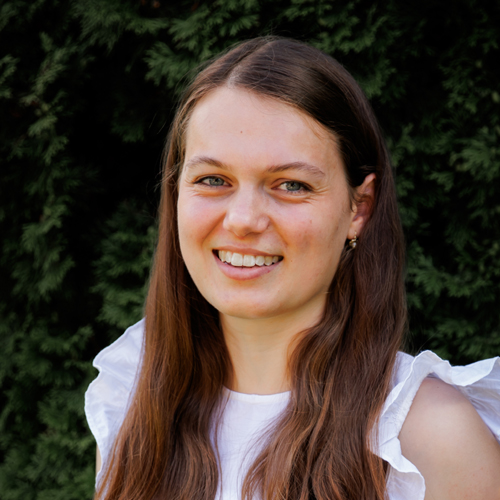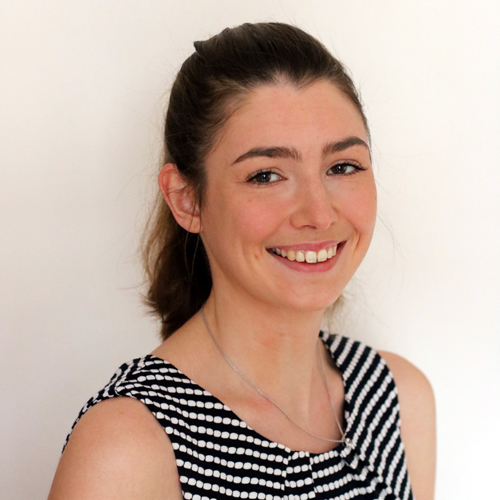
Technicians
Theresa Ertl
Theresa.Ertl(at)biologie.uni-regensburg.de (öffnet Ihr E-Mail-Programm)
+49 941 943 69042

Postdocs
Stephanie Willeit
Stephanie.Willeit(at)biologie.uni-regensburg.de (öffnet Ihr E-Mail-Programm)


Technicians
Theresa Ertl
Theresa.Ertl(at)biologie.uni-regensburg.de (öffnet Ihr E-Mail-Programm)
+49 941 943 69042

Postdocs
Stephanie Willeit
Stephanie.Willeit(at)biologie.uni-regensburg.de (öffnet Ihr E-Mail-Programm)